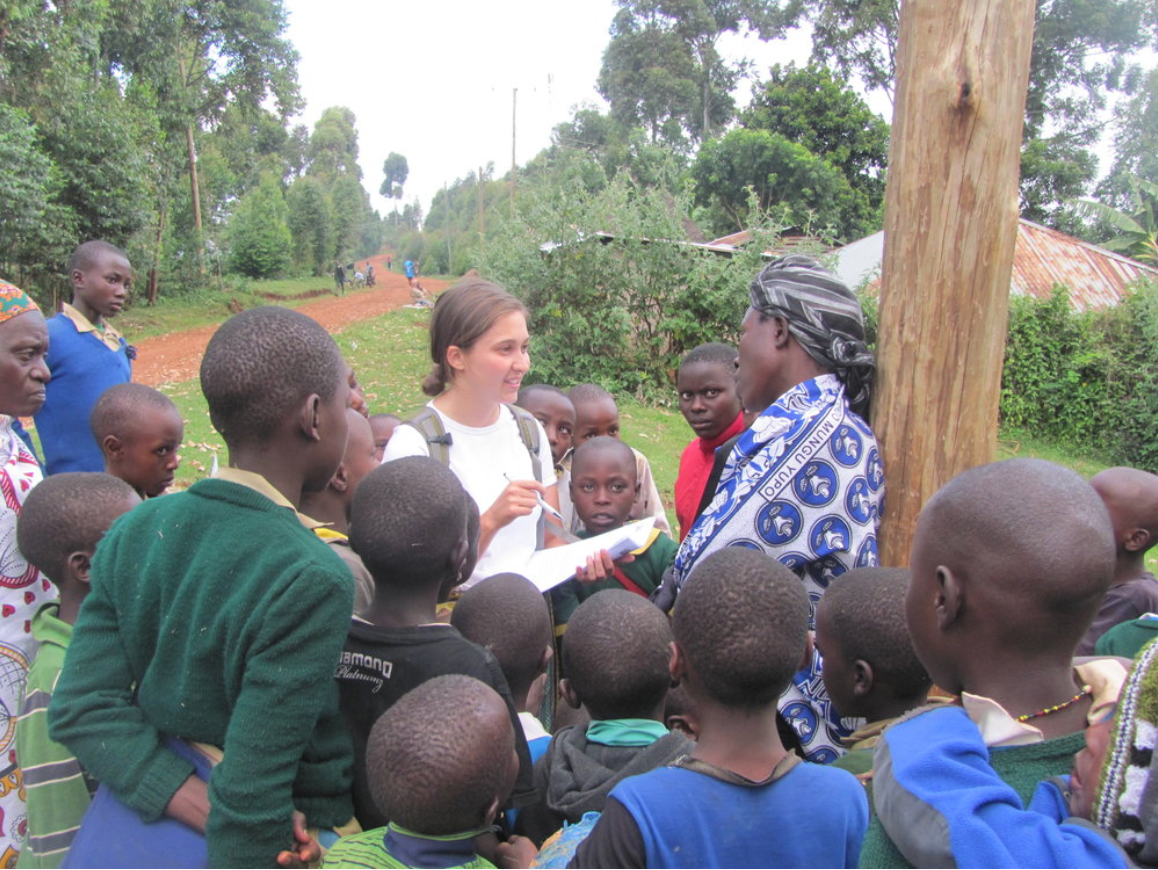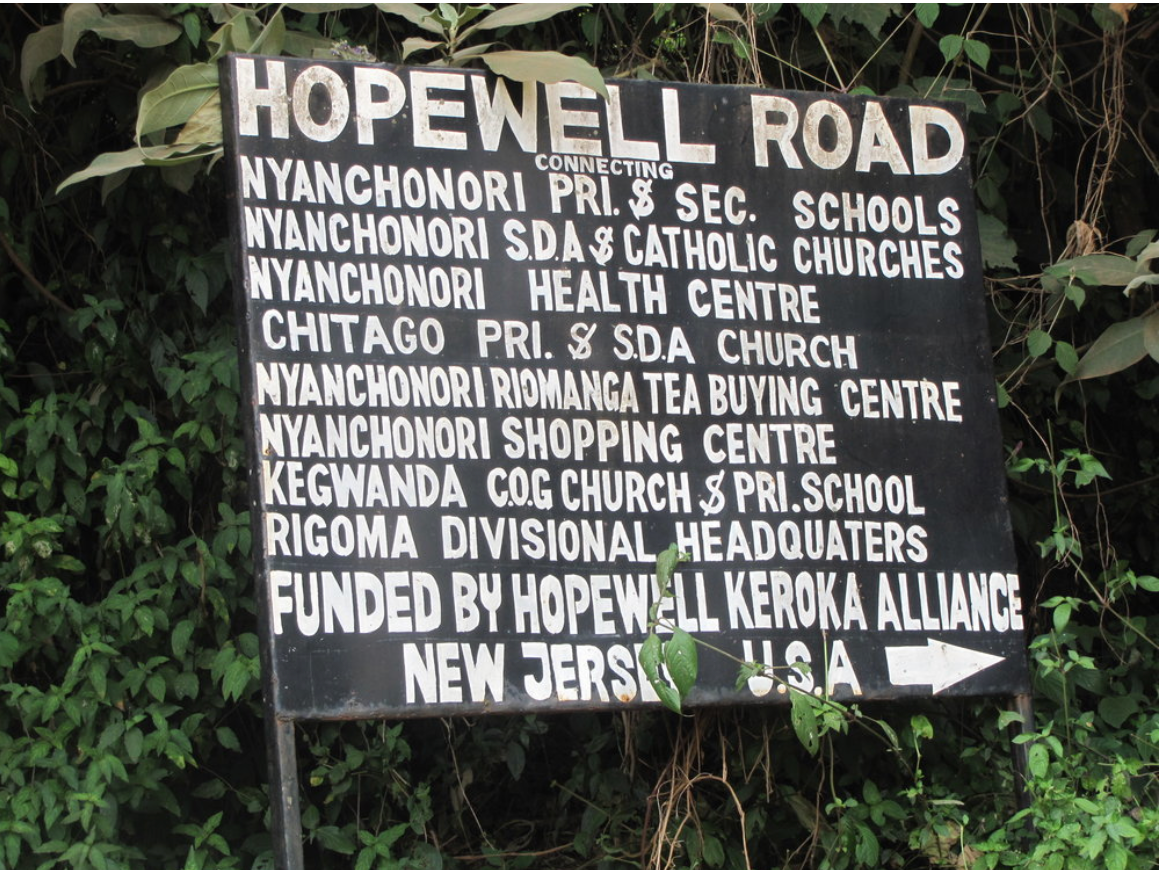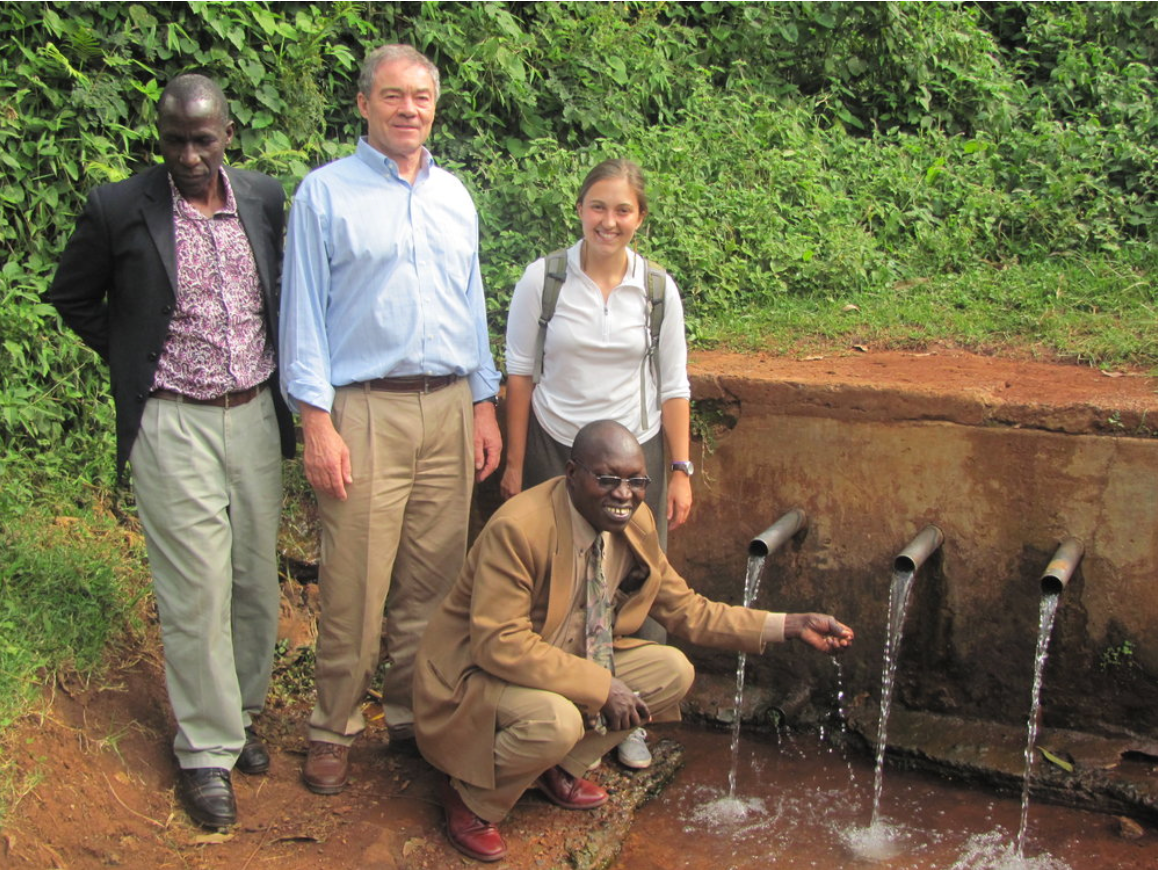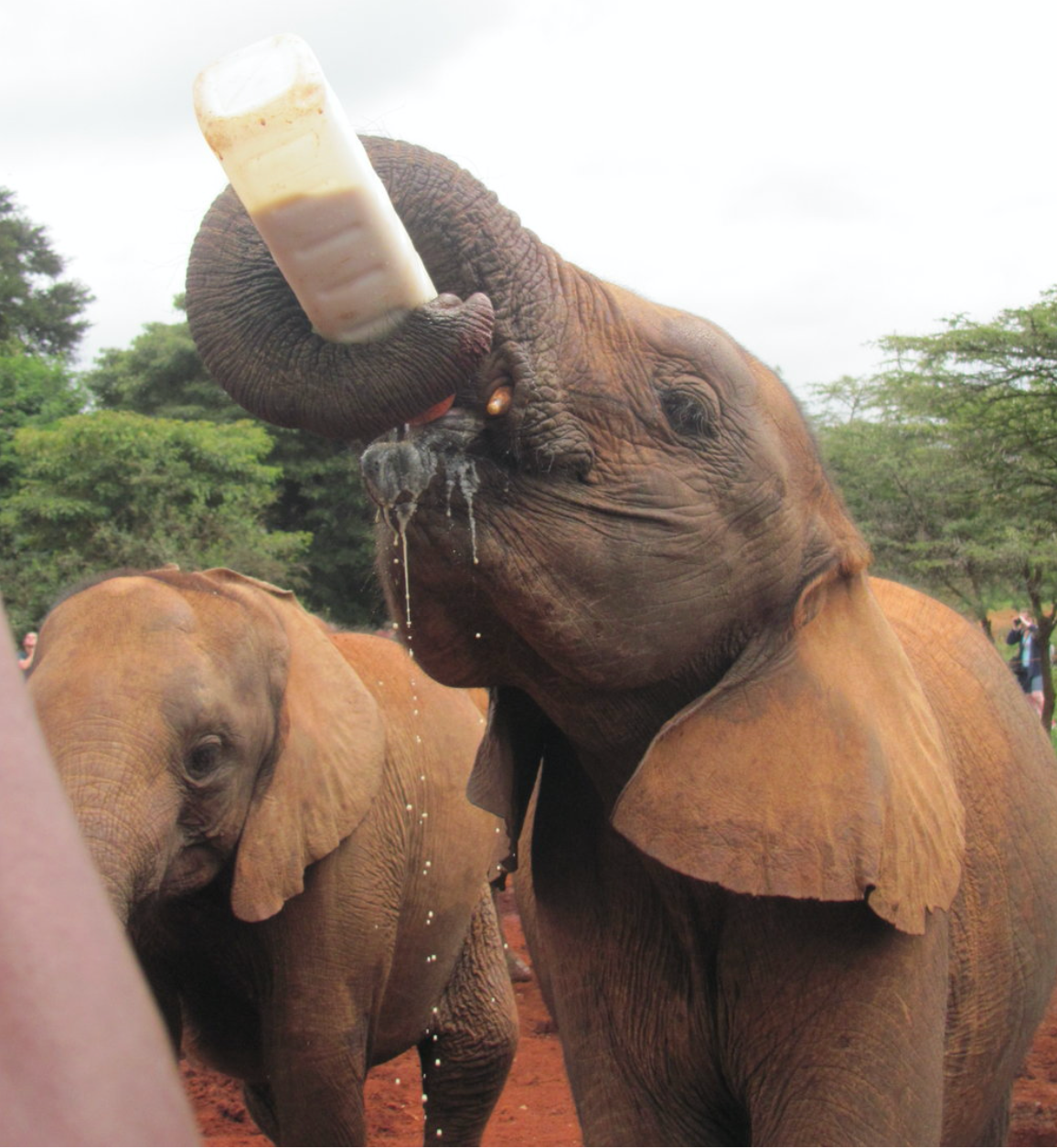Water Implementation in Western Kenya
In the 2016 summer, Mandy Lee worked as a volunteer for Hopewell-Keroka Alliance (HKA). HKA is an all-volunteer 501(c)(3) non-profit organization that supports projects to improve health, education, and infrastructure in the Keroka area of Western Kenya. HKA is comprised of two branches, a team based in Pennington, NJ, that carries out fundraising and a team based in Keroka that leads planning and implementation. Both teams collaborate on designing projects and working with relevant government authorities.
HKA worked on a water project this summer, which funded the construction of a borehole, storage tank, and distribution system to provide clean, reliable water to the village of Nyanchonori. Mandy traveled to the village in July 2016 with HKA, and interviewed community members to learn about their perceptions and intentions for the new water source.
“During my time in Kenya, I conducted interview-based research with residents of Nyanchonori and Mong’oni in order to answer fundamental questions about water. Speaking in Swahili and supported by a Kisii translator, I surveyed residents representing 113 households. I learned that, on average, households contain about eight people and consume about 247 liters of water per day. Women and girls were responsible for water collection in 77 percent of the surveyed households, and families reported spending an average of 4.6 hours per day to collect water, largely from a stream, spring, or rain barrel. The top concerns among residents about water included the distance of water sources, water contamination, and water shortages in the dry season. I also organized a focus group with HKA board members and stakeholders such as community leaders, faith organizations, schools, and healthcare workers, which yielded a consensus that the HKA should facilitate the creation of a local water company to oversee water distribution and the continued expansion of clean water sources. The water surveys reaffirmed that a majority (87 percent) of surveyed residents are willing and able to pay one Kenyan Shilling for a 20-liter jerry-can of water from the borehole. Lastly, we gained a more complete understanding of water management systems and government regulations by meeting with the District Water Officer, County government officials, and the managers of a successful community-based water and sanitation company in a nearby town,” Mandy said of her time in Kenya.




